Filter by
The language used throughout the course, in both instruction and assessments.
Choose the Geology Course That Aligns Best With Your Educational Goals
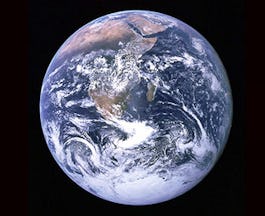 Status: Free
Status: FreeUniversity of Manchester
Skills you'll gain: Critical Thinking
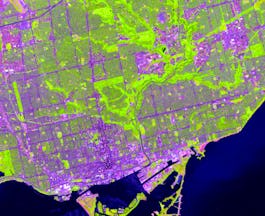
University of Toronto
Skills you'll gain: ArcGIS, Data Analysis, Data Visualization, Geovisualization, Spatial Analysis, Spatial Data Analysis, GIS Software, Data Analysis Software, Data Visualization Software, Data Model, Data Management, Databases, Statistical Analysis, Mergers & Acquisitions
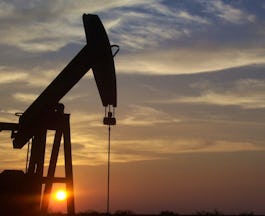 Status: Free
Status: FreeDuke University
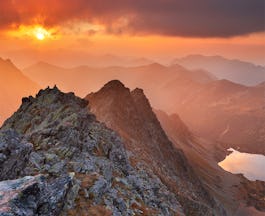 Status: Free
Status: FreeAmerican Museum of Natural History
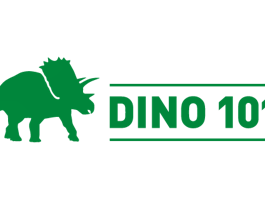 Status: Free
Status: FreeUniversity of Alberta
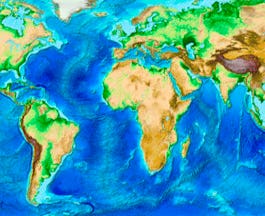
University of Illinois at Urbana-Champaign
Skills you'll gain: Critical Thinking
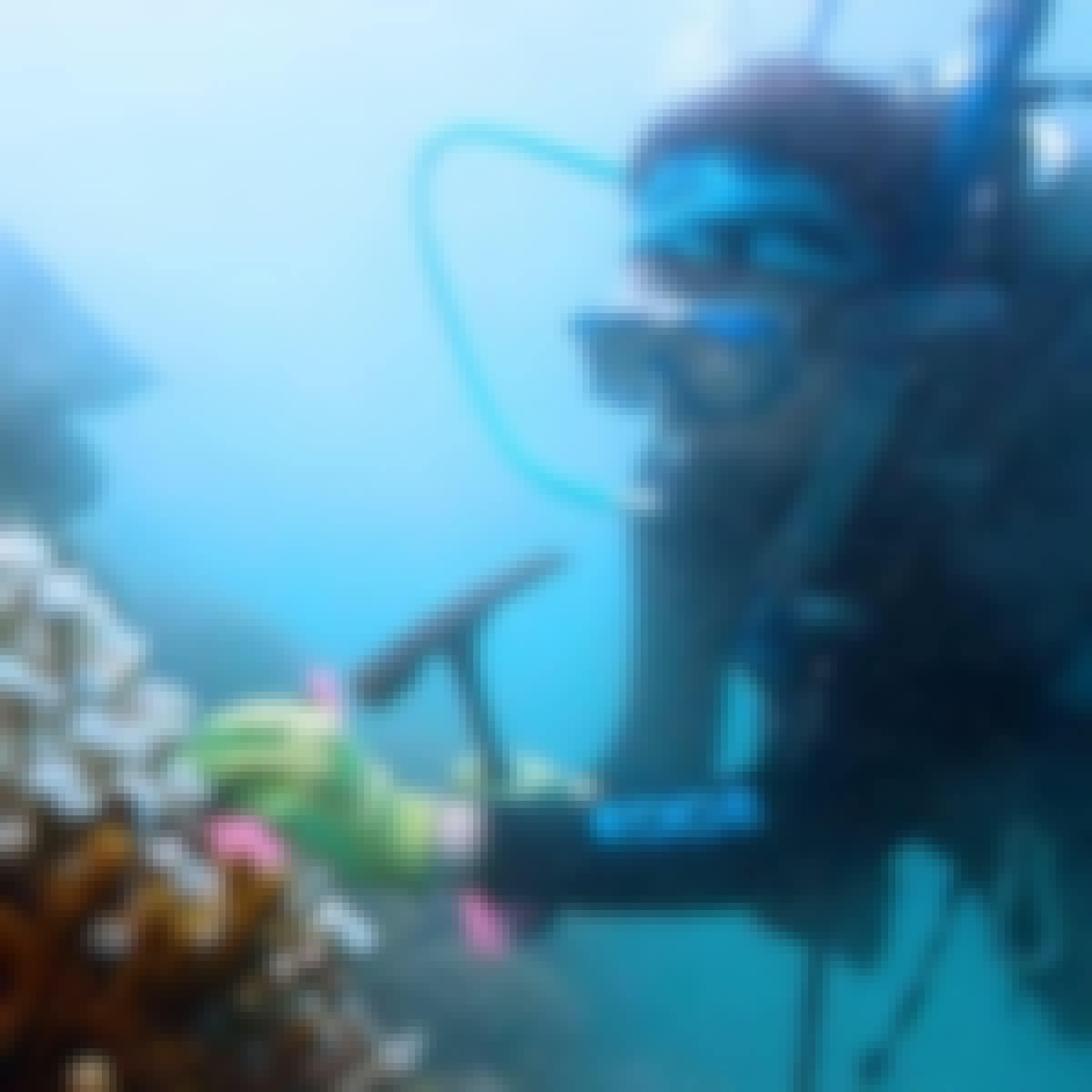 Status: Free
Status: FreeAmerican Museum of Natural History
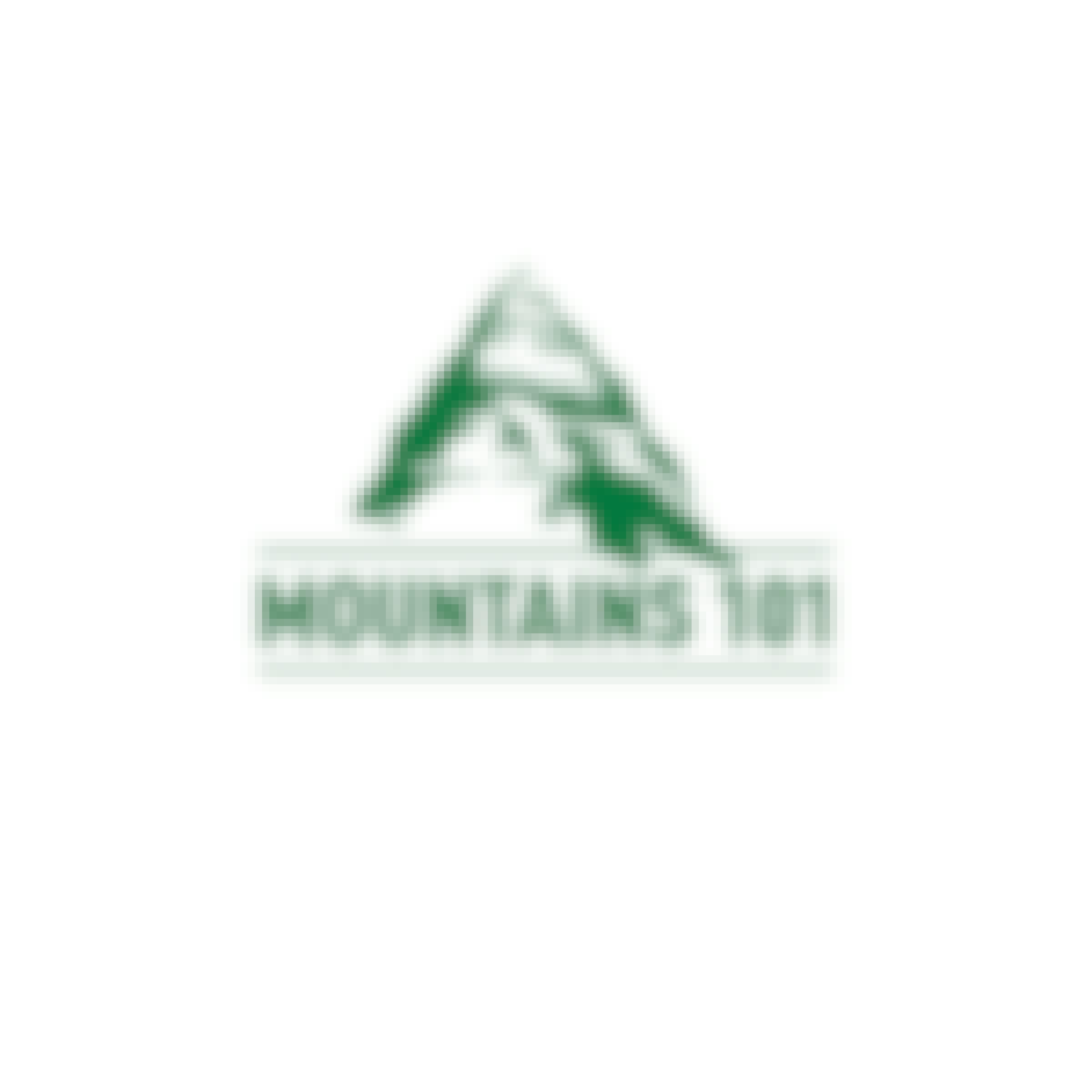 Status: Free
Status: FreeUniversity of Alberta

University of Colorado Boulder
 Status: Free
Status: FreeUniversity of Arizona
 Status: Free
Status: FreeGeorgia Institute of Technology
Skills you'll gain: Problem Solving
 Status: Free
Status: FreeUniversity of Copenhagen
Searches related to geology
In summary, here are 10 of our most popular geology courses
- Our Earth: Its Climate, History, and Processes: University of Manchester
- GIS, Mapping, and Spatial Analysis: University of Toronto
- Oil & Gas Industry Operations and Markets: Duke University
- The Dynamic Earth: A Course for Educators: American Museum of Natural History
- Dino 101: Dinosaur Paleobiology: University of Alberta
- Planet Earth...and You!: University of Illinois at Urbana-Champaign
- Marine Biology: American Museum of Natural History
- Mountains 101: University of Alberta
- Deep Time: Discovering an Ancient Earth: University of Colorado Boulder
- Astrobiology: Exploring Other Worlds: University of Arizona










